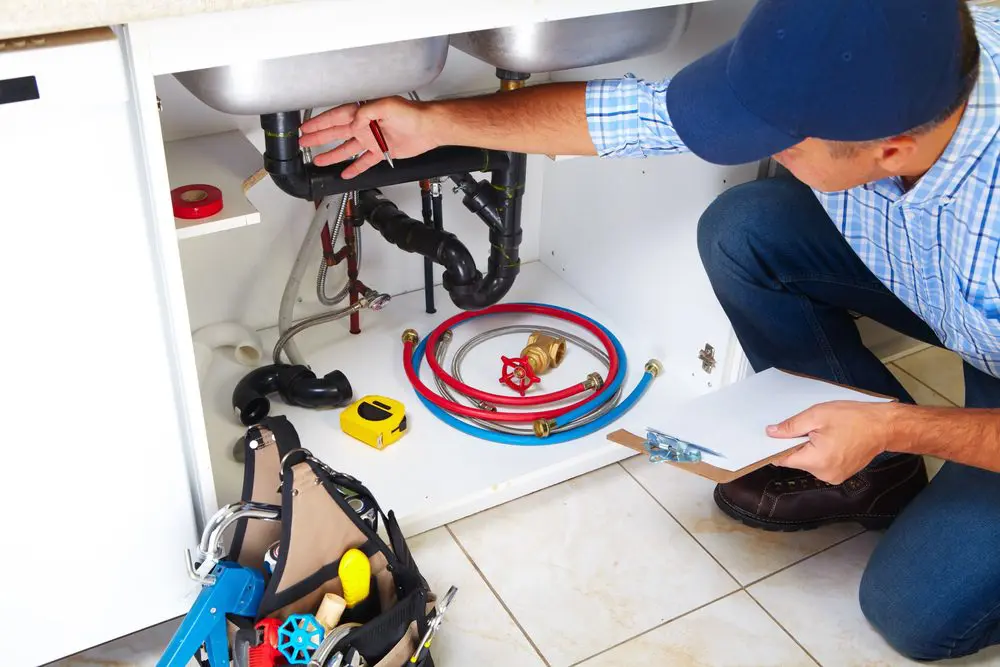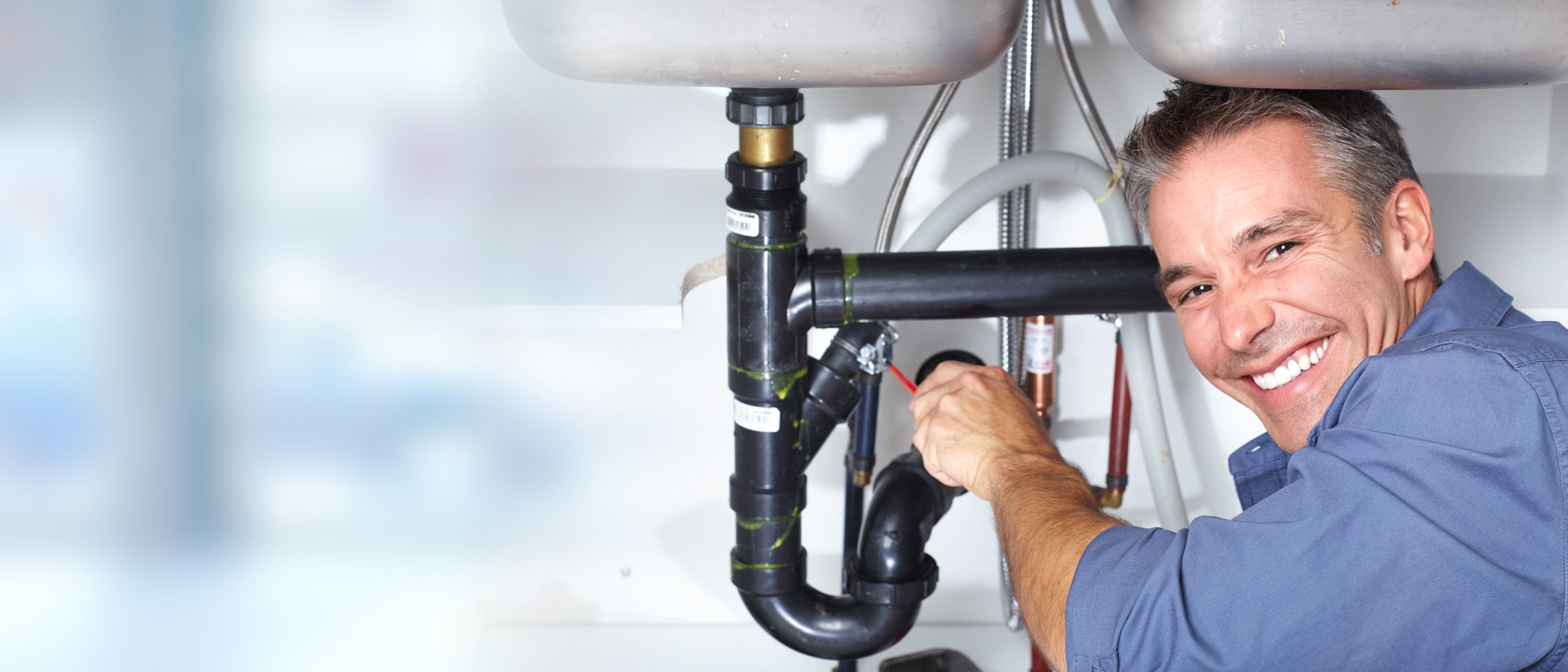The 6 Most Common Dangers To Your Household Plumbing Appliances
The 6 Most Common Dangers To Your Household Plumbing Appliances
Blog Article
Do you find yourself on the lookout for ideas on Leak Detection and Repair Without Destroying Your Home?

The key to long lasting home appliances, unsurprisingly, appertains upkeep. There's no set regulation that can guarantee your plumbing appliances a long wear, however you can stop unneeded damages and repair services by preventing negative plumbing routines.
You must quit doing these 6 points else you'll maintain calling your plumber over for minor faults.
Purging every little thing
Yes, your commode drainpipe brings about the sewage systems, however that doesn't imply you ought to discard just anything down the tubes. Lots of 'flushable' materials are really terrific blockage starters, for instance floss. Asides keeping apparent non-flushable materials like wires and plastics out of your commode, you need to additionally prevent flushing cotton swab, menstrual products, wipes, daipers and condoms down the commode drainpipe.
Putting grease in the sink
We know properly disposing of oil after a hearty meal is a discomfort. However simply pouring it down the drain can do lasting injury to your pipes. "The fat and oil can block your drain badly adequate to require you to call a plumber," discusses Dawson. "Plumbing works best when it's well cared for-- not abused with oil."
Utilizing too much drainpipe cleaner
Making use of a drain cleaner more than one or two times a month is an indication that something serious is taking place within your pipelines. Now, as opposed to encountering the primary issue, you opt for a quick fix; a carbonated drain cleaner. Rightfully, a drain cleaner will take care of the obstruction, however at what cost?
The chemicals in a drainpipe cleaner can hasten the rust of your pipelines. Include that to whatever underlying problem is creating the clog and you may have to a severe problem on your hands.
If you experience way too many blockages, call your emergency plumber as opposed to utilizing a drainpipe cleaner.
Not rinsing recipes before filling them right into the dishwasher
it's called a dish washer, however throwing in dishes, pots, and also pans covered in big food particles can really cause some severe damages to the home appliance, causing lasting issues down the line. "Homeowners may need to get their dishwashing machine repaired more frequently if they don't wash their recipes before filling, or at the very least eliminate bigger food pieces," describes Audrey Monell, proprietor of Forrest Anderson Plumbing and Air Conditioner in Glendale, Arizona. "Food that obtains stuck on recipes triggers the dish washer to work harder, which can wear down parts much faster, resulting in issues."
DIYing whatever
With plumbing, a stitch in time actually does save nine. You can stop a fullblown plumbing emergency by calling your plumber at the correct time.
You may have discovered a couple of plumbing hacks from your dad, but you should recognize where to draw the line and call a professional. For instance, you might have the ability to fix a blockage on your own, yet you should not attempt to change a pipe. You might mismatch pipelines or overtighten a screw, creating even more injury and damage than you thought. Calling a plumber is a risk-free as well as inexpensive choice.
Not changing your dishwasher hoses
One easy way to guarantee that you use your dish washer for several years is to change the tube at the very least as soon as in 5 years. This additionally requests washing machine hoses.
Over time, food particles, soap as well as grease can form clogs within your pipes. Replacing them promptly will certainly avoid any type of presure accumulate that can damage the interior operations of your dish washer or cleaning maker.
A strengthened steel intertwined hose pipe does a fantastic job of lengthening your equipment's usage time.
No wintertime safety measures
Extreme weather conditions misbehave for your pipelines, particularly if they're made of steel. You should shield your subjected pipes, and your water tank, even if you have a hot water heater. You must also switch off your yard hose pipe shutoff as well as any other outside water channels. These networks are outlets for chilly; you pipes can begin to freeze from outdoors if you do not.
How Hard Water Damages Your Plumbing and Appliances
Hard water is no stranger to most households across America. This silent invader affects 85% of homes in the United States every day, wreaking havoc on pipes, plumbing fixtures, and water-using appliances.
Should you become a victim of hard water, you must understand exactly what it is and how it affects your plumbing and appliances. This will help you determine the correct measures to put in place to fix or prevent any problems that may arise.
First off, what exactly is “hard” water?
In short, “hard water” is used to describe water that contains relatively high amounts of dissolved minerals, primarily calcium and magnesium, and a host of trace metals. When rainwater falls from the sky (usually in a pure form), it absorbs the hardness minerals from rocks and soil, which changes it from soft to hard water.
What about my plumbing and appliances?
Mineral deposits from hard water can cause buildup on tubs, shower, sinks, faucets. But that’s only a small scratch of the surface. Those minerals can gradually build up inside pipes, fixtures, water heaters, washing machines, and dishwashers. Once they accumulate in those areas, they can clog pipes and create major problems throughout your plumbing system, from reduced water flow to increased pressure on pipes and fixtures.
This limescale buildup might affect some appliances, causing them to operate less efficiently and wear down faster. And the result? Higher energy bills, more (costly) plumbing replacements and repairs, and damaged appliances.
Keep in mind that certain types of plumbing are more susceptible to clogging than others. Copper, PVC, and PEX pipes are more resistant to hard water buildup and corrosion, but they can still get clogged or completely blocked by scale deposits.
How do I know if my water is hard?
White limescale buildup on plumbing fixtures (or any of the other signs mentioned above) is usually a good sign that your water is hard. If you suspect that you have hard water, you can simply shake up a small amount of dish soap and water in a closed container. If the mixture doesn’t create a lot of suds, you probably have hard water.
The most precise method, however, is to test your water with a DIY test kit (sold online or at local home centers or hardware stores) or send a water sample from your tap to a local lab to be tested. Be sure that you understand the nature of the test, the water condition being measured, and the significance of the test results.
Another way to obtain an estimate of water hardness is to check your annual water quality report to see if your water provider has reported any instance(s) of water hardness in your water supply.
https://www.springwellwater.com/how-hard-water-damages-your-plumbing-and-appliances/

As a passionate reader about Leak Detection and Repair Without Destroying Your Home, I assumed sharing that information was a great idea. Appreciated our write up? Please share it. Let someone else discover it. I cherish reading our article about Can Hard Water Ruin Your Appliances?.
Make An Appointment Report this page